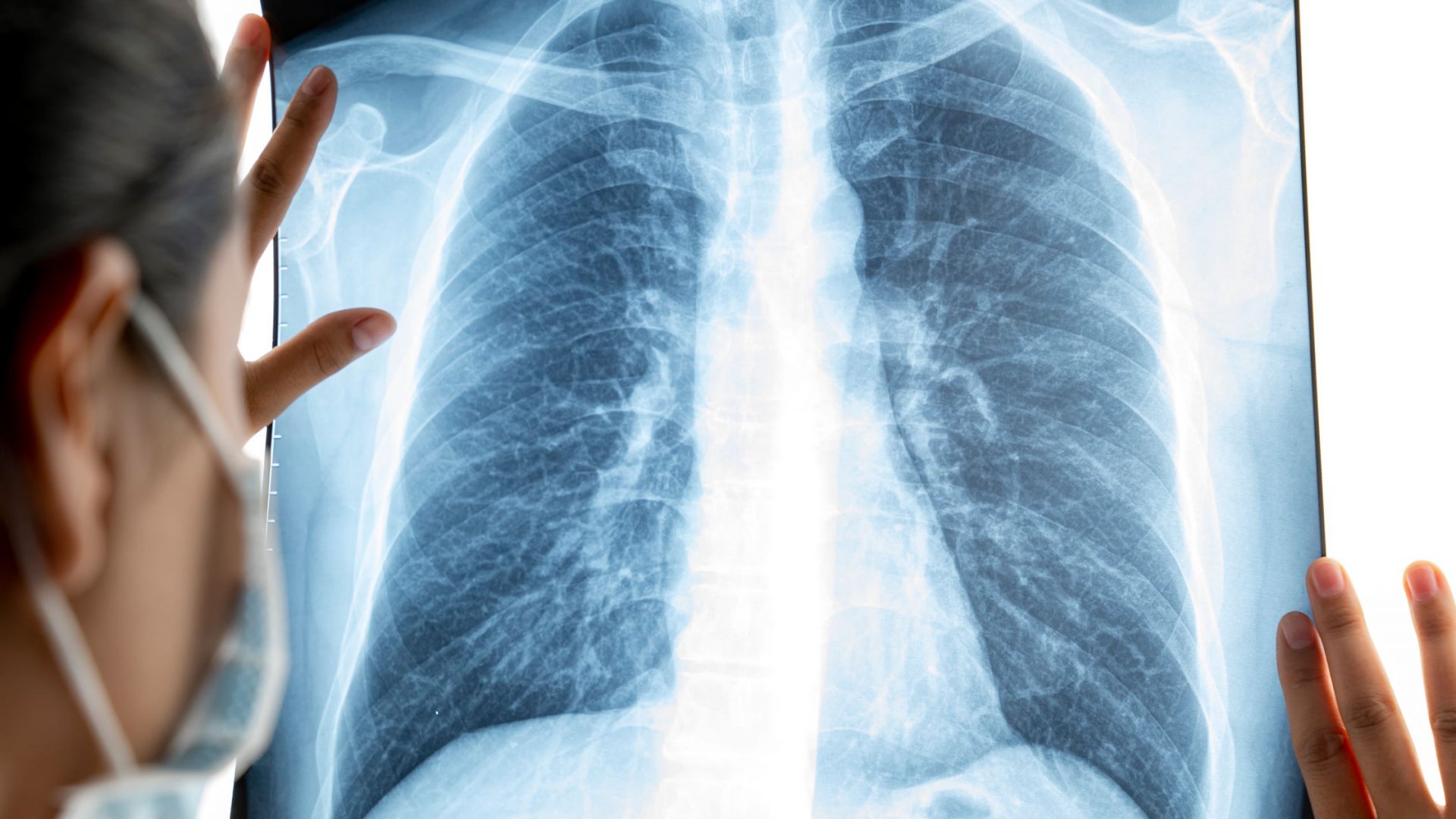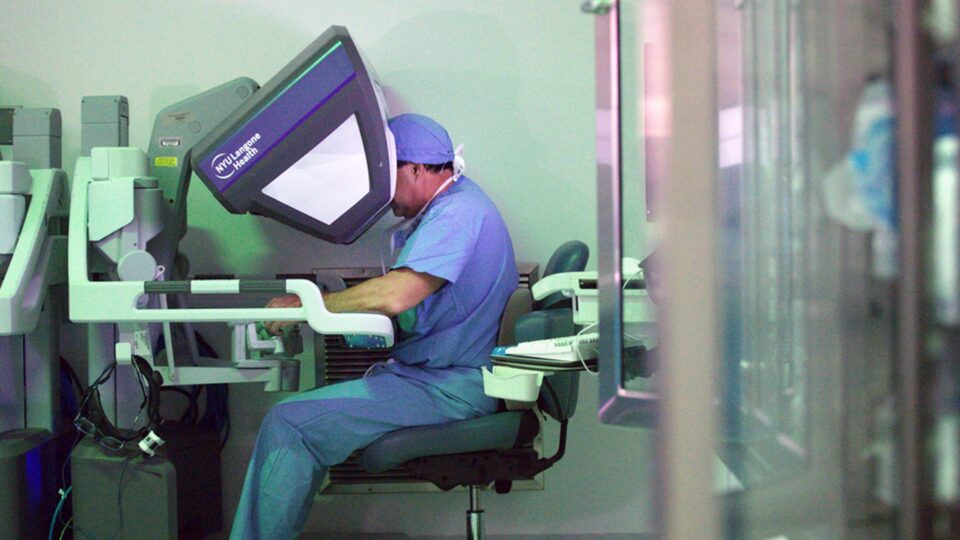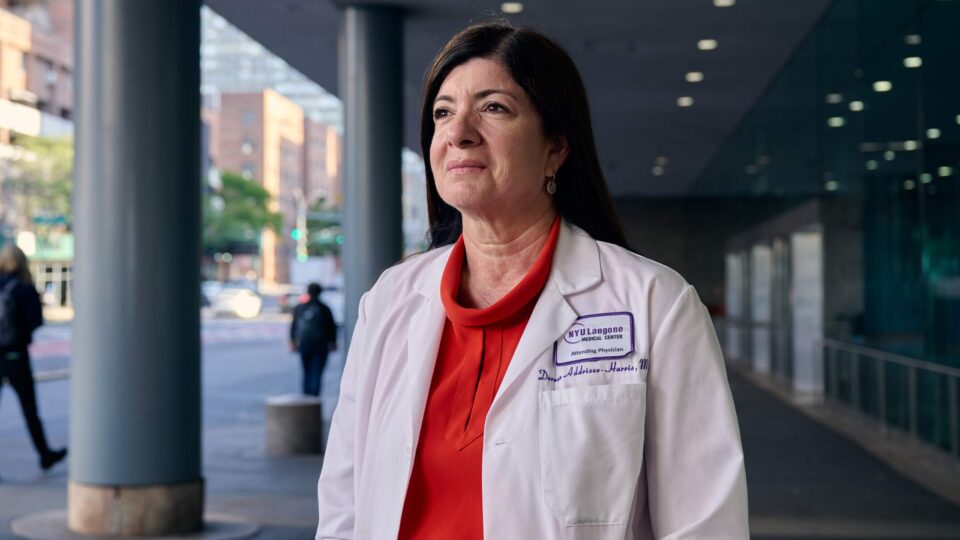Functional microbiomics—the study of how microorganisms in the body change over time, and how the body responds—is emerging as a powerful tool to understanding a person’s disease risk.
At NYU Langone Health, researchers are using the approach to measure host-microbe interactions in a variety of biological niches. These include the lower respiratory tract, where new data in Nature Microbiology finds the presence of certain species may contribute to respiratory failure in the context of COVID-19.
Powerful Predictions
There are currently no validated lower airway biomarkers to predict clinical outcomes, said first author Imran Sulaiman, MD, PhD, an expert in functional microbiomics.
“Increased bacterial burden and the presence of gut-associated bacteria in the lung have been shown to worsen respiratory outcomes in a few studies, but no one previously had looked at the primary site of COVID-19 disease, the lower airways,” Dr. Sulaiman said.
Dr. Sulaiman works in the research laboratory of Leopoldo Segal, MD, director of the Translational Lung Biology Laboratory. Together with colleagues, the researchers have shown how microbiome imbalances contribute to lung cancer progression and aspiration with oral commensals can affect immune responses during pulmonary infections.
Effects of Commensal Bacteria
In their most recent collaboration, the researchers evaluated data on 589 critically ill adults with severe COVID-19. All of the study participants were receiving mechanical ventilation and a subset (142 patients) underwent bronchoscopy, which allowed for a deeper evaluation of the lungs.
Patients who died, or who spent at least 28 days on mechanical ventilation, had comparatively higher levels of the oral commensal Mycoplasma salivarium in their lower airways. Notably, there was no statistically significant association between microbiologic bronchoscopy results and clinical outcomes, with the exception of SARS-CoV-2 infection.
“While we did not find that isolation of a secondary respiratory pathogen was associated with prolonged mechanical ventilation or fatal outcome, we did identify critical microbial signatures—characterized by enrichment of oral commensals, high SARS-CoV-2 load and decreased anti-SARS-CoV-2 IgG response—associated with fatal outcome,” the authors wrote.
A Case for Targeted Therapy
By using metagenomics and metatranscriptomics, the researchers were able to start connecting airway flora and viral load to clinical outcomes in COVID-19.
“The data in this analysis support that oral commensals are frequently found in the lower airways of critically ill COVID-19 patients and that differences between groups could be due to differential microbial pressures related to host factors, or that dynamic changes in the lower airway microbes affect host immune response to this viral infection,” Dr. Segal explained.
Dr. Segal says more targeted antiviral therapy, rather than broad spectrum antibiotics, are called for when caring for critically ill patients with COVID-19. He notes a similar approach may be indicated for patients with other respiratory infections, though more research is required.







